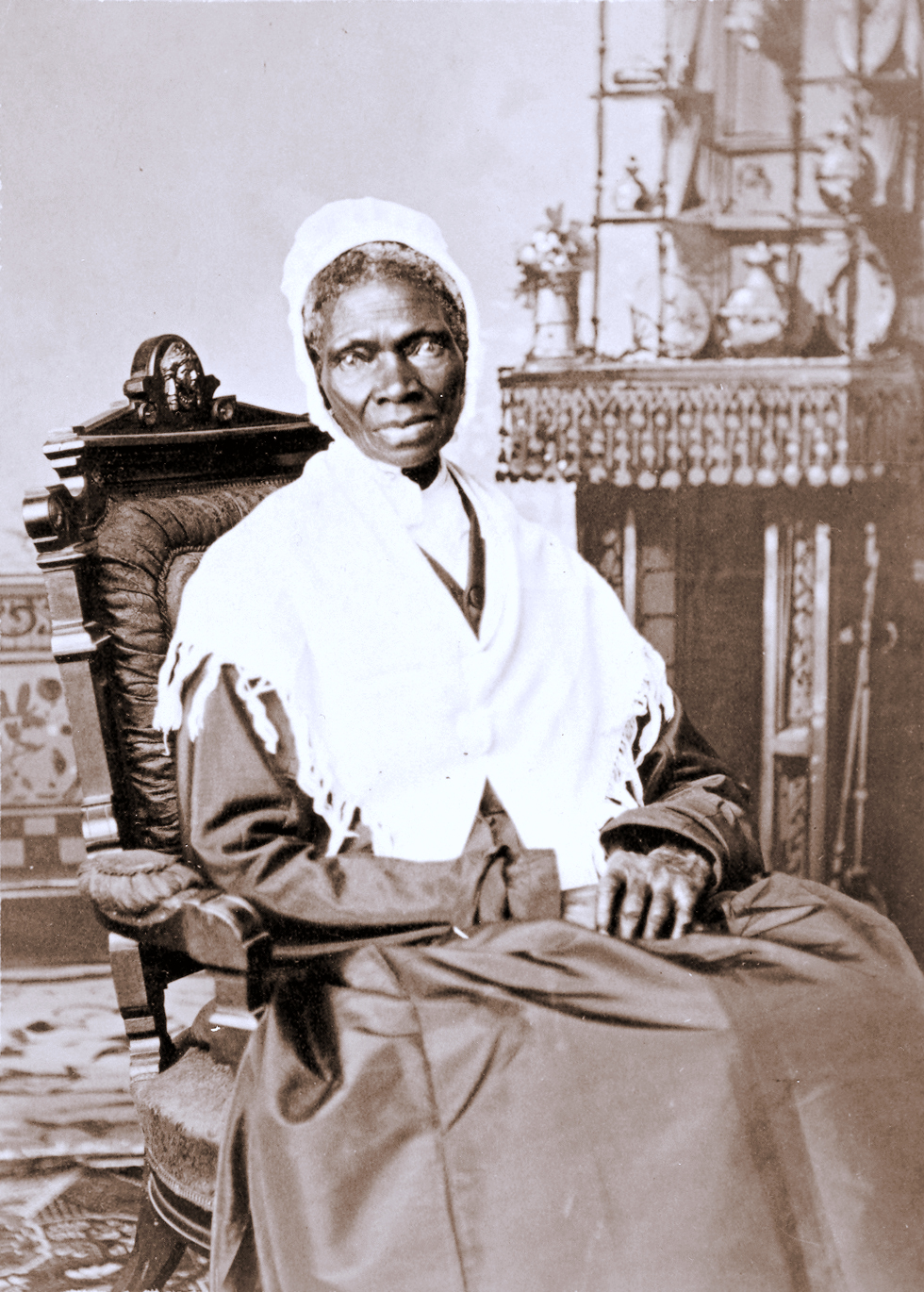|
Billie Breaux
Billie Breaux (born June 23, 1936) is an American politician who served as a member of the Indiana Senate from 1990 to 2006. Representing the 34th district, she was succeeded by her daughter, Jean Breaux. Early life and education Breaux was born in Indianapolis, Indiana. She earned a Bachelor of Science degree from West Virginia State College and a Master of Science from Indiana University Bloomington. Career A teacher, Breaux served as the president of the Indianapolis Education Association. She later became a civil rights activist, and was present when Robert F. Kennedy announced the assassination of Martin Luther King Jr. Breaux was instrumental in the effort to recognize Martin Luther King Jr. Day as a statewide holiday in Indiana. Breaux was elected to the Indiana Senate in 1990, where she was a member of the Indiana Black Legislative Caucus and served as Assistant Majority Whip. She left office in 2006, and was succeeded by her daughter, Jean Breaux Jean Breaux is ... [...More Info...] [...Related Items...] OR: [Wikipedia] [Google] [Baidu] |
Indianapolis, Indiana
Indianapolis (), colloquially known as Indy, is the state capital and most populous city of the U.S. state of Indiana and the seat of Marion County. According to the U.S. Census Bureau, the consolidated population of Indianapolis and Marion County was 977,203 in 2020. The "balance" population, which excludes semi-autonomous municipalities in Marion County, was 887,642. It is the 15th most populous city in the U.S., the third-most populous city in the Midwest, after Chicago and Columbus, Ohio, and the fourth-most populous state capital after Phoenix, Arizona, Austin, Texas, and Columbus. The Indianapolis metropolitan area is the 33rd most populous metropolitan statistical area in the U.S., with 2,111,040 residents. Its combined statistical area ranks 28th, with a population of 2,431,361. Indianapolis covers , making it the 18th largest city by land area in the U.S. Indigenous peoples inhabited the area dating to as early as 10,000 BC. In 1818, the Lenape relinquishe ... [...More Info...] [...Related Items...] OR: [Wikipedia] [Google] [Baidu] |
Living People
Related categories * :Year of birth missing (living people) / :Year of birth unknown * :Date of birth missing (living people) / :Date of birth unknown * :Place of birth missing (living people) / :Place of birth unknown * :Year of death missing / :Year of death unknown * :Date of death missing / :Date of death unknown * :Place of death missing / :Place of death unknown * :Missing middle or first names See also * :Dead people * :Template:L, which generates this category or death years, and birth year and sort keys. : {{DEFAULTSORT:Living people 21st-century people People by status ... [...More Info...] [...Related Items...] OR: [Wikipedia] [Google] [Baidu] |
21st-century African-American People
The 1st century was the century spanning AD 1 ( I) through AD 100 ( C) according to the Julian calendar. It is often written as the or to distinguish it from the 1st century BC (or BCE) which preceded it. The 1st century is considered part of the Classical era, epoch, or historical period. The 1st century also saw the appearance of Christianity. During this period, Europe, North Africa and the Near East fell under increasing domination by the Roman Empire, which continued expanding, most notably conquering Britain under the emperor Claudius ( AD 43). The reforms introduced by Augustus during his long reign stabilized the empire after the turmoil of the previous century's civil wars. Later in the century the Julio-Claudian dynasty, which had been founded by Augustus, came to an end with the suicide of Nero in AD 68. There followed the famous Year of Four Emperors, a brief period of civil war and instability, which was finally brought to an end by Vespasian, ninth Roman em ... [...More Info...] [...Related Items...] OR: [Wikipedia] [Google] [Baidu] |
African-American Women In Politics
Black women have been involved in American socio-political Political sociology is an interdisciplinary field of study concerned with exploring how governance and society interact and influence one another at the micro to macro levels of analysis. Interested in the social causes and consequences of how ... issues and advocating for the community since the American Civil War era through Nonprofit organization, organizations, clubs, community-based social services, and advocacy. Black women are currently Underrepresented group, underrepresented in the United States in both elected offices and in policy made by elected officials. Although data shows that women do not run for office in large numbers when compared to men, Black women have been involved in issues concerning Cultural identity, identity, human rights, Child protection, child welfare, and misogynoir within the political dialogue for decades. History Black women's suffrage, voting rights and racism The U.S. women’s ... [...More Info...] [...Related Items...] OR: [Wikipedia] [Google] [Baidu] |
African-American People In Indiana Politics
African Americans (also referred to as Black Americans and Afro-Americans) are an ethnic group consisting of Americans with partial or total ancestry from sub-Saharan Africa. The term "African American" generally denotes descendants of enslaved Africans who are from the United States. While some Black immigrants or their children may also come to identify as African-American, the majority of first generation immigrants do not, preferring to identify with their nation of origin. African Americans constitute the second largest racial group in the U.S. after White Americans, as well as the third largest ethnic group after Hispanic and Latino Americans. Most African Americans are descendants of enslaved people within the boundaries of the present United States. On average, African Americans are of West/Central African with some European descent; some also have Native American and other ancestry. According to U.S. Census Bureau data, African immigrants generally do not self-ident ... [...More Info...] [...Related Items...] OR: [Wikipedia] [Google] [Baidu] |



